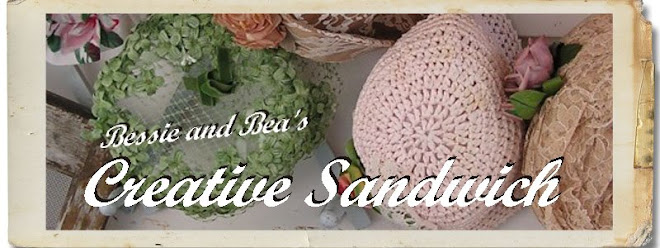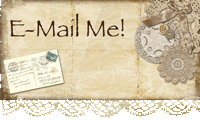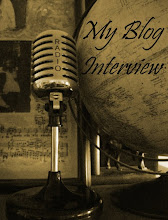
Put on a pot of tea dear ones!
I wanted to tell you about a rather charming and amusing book I happened to read this summer entitled Watching the English: the hidden rules of English behaviour by Kate Fox. Here is a wee quote from the book, I hope you'll enjoy it: "The central 'core' of Englishness. Social dis-ease is a shorthand term for all out chronic social
 inhibitions and handicaps. The English social dis-ease is a congenital disorder, bordering on a sort of sub-clinical combination of autism and agoraphobia (the politically correct euphemism would be 'socially challenged'). It is out lack of ease, discomfort and incompetence in the field (minefield) of social interaction; our embarrassment, insularity, awkwardness, perverse obliqueness, emotional constipation, fear of intimacy and general inability to engage in a normal and straightforward fashion with other human beings. When we feel uncomfortable in social situations (that is, most of the time) we either become over-polite, buttoned up and awkwardly restrained or loud, loutish, crude, violent and generally obnoxious. Both out famous 'English reserve' and out infamous 'English hooliganism' are symptoms of this social dis-ease, as is our obsession with privacy. Sorne of us are rnore severely afflicted than others. The dis-ease is treatable (temporary alleviation/remission can be achieved using props and facilitators - pubs, clubs, weather-speak, cyberspace, pets, etc. - and/or ritual, alcohol, magic words and other rnedications and we enjoy periods of 'natural' remission in private and arnong intimates, but it is never entirely curable. Most peculiarities of English behaviour are traceable, either directly or indirectly, to this unfortunate affliction. Key phrases include: 'An Englishman's home is his castle'; 'Nice day, isn't it?'; 'Oi -what You looking at?; , Mind your own business'; 'I don't like to pry, but ....' - 'Don't make a fuss/scene'; 'Don't draw attention to yourself'; 'Keep yourself to yourself'; "Ere we go, 'ere we go'; 'Eng-er-land! Eng-er-land! Eng-er-land!."
inhibitions and handicaps. The English social dis-ease is a congenital disorder, bordering on a sort of sub-clinical combination of autism and agoraphobia (the politically correct euphemism would be 'socially challenged'). It is out lack of ease, discomfort and incompetence in the field (minefield) of social interaction; our embarrassment, insularity, awkwardness, perverse obliqueness, emotional constipation, fear of intimacy and general inability to engage in a normal and straightforward fashion with other human beings. When we feel uncomfortable in social situations (that is, most of the time) we either become over-polite, buttoned up and awkwardly restrained or loud, loutish, crude, violent and generally obnoxious. Both out famous 'English reserve' and out infamous 'English hooliganism' are symptoms of this social dis-ease, as is our obsession with privacy. Sorne of us are rnore severely afflicted than others. The dis-ease is treatable (temporary alleviation/remission can be achieved using props and facilitators - pubs, clubs, weather-speak, cyberspace, pets, etc. - and/or ritual, alcohol, magic words and other rnedications and we enjoy periods of 'natural' remission in private and arnong intimates, but it is never entirely curable. Most peculiarities of English behaviour are traceable, either directly or indirectly, to this unfortunate affliction. Key phrases include: 'An Englishman's home is his castle'; 'Nice day, isn't it?'; 'Oi -what You looking at?; , Mind your own business'; 'I don't like to pry, but ....' - 'Don't make a fuss/scene'; 'Don't draw attention to yourself'; 'Keep yourself to yourself'; "Ere we go, 'ere we go'; 'Eng-er-land! Eng-er-land! Eng-er-land!."
If you know an English person or are English yourself, take a sip of tea out of your china cup and down a few biscuits and read it!
Love, Bessie













